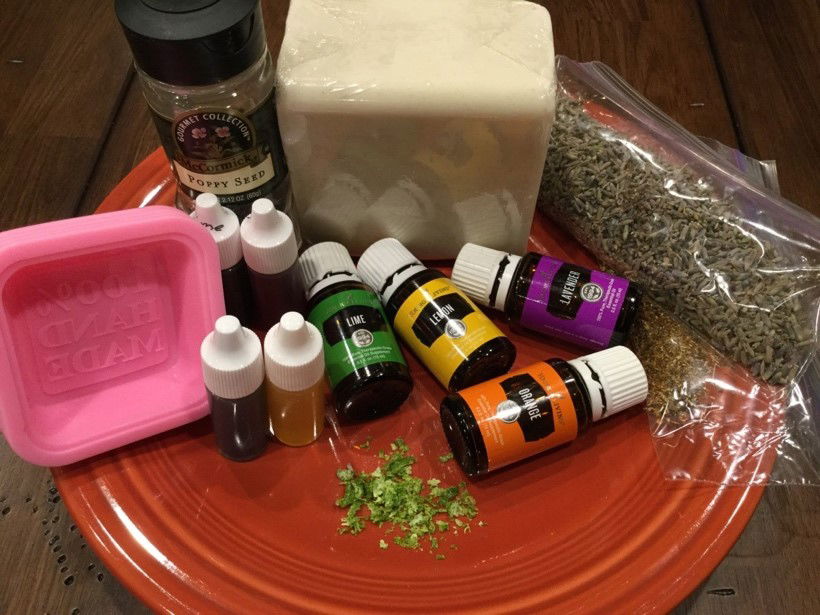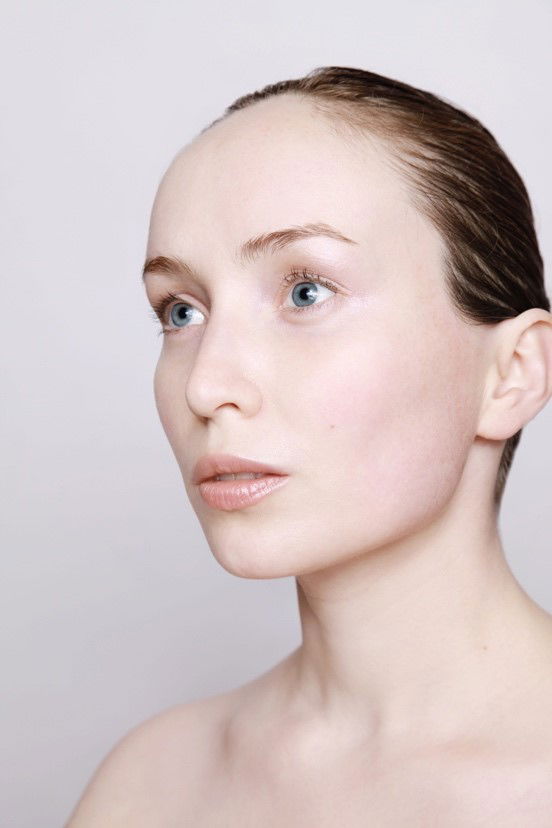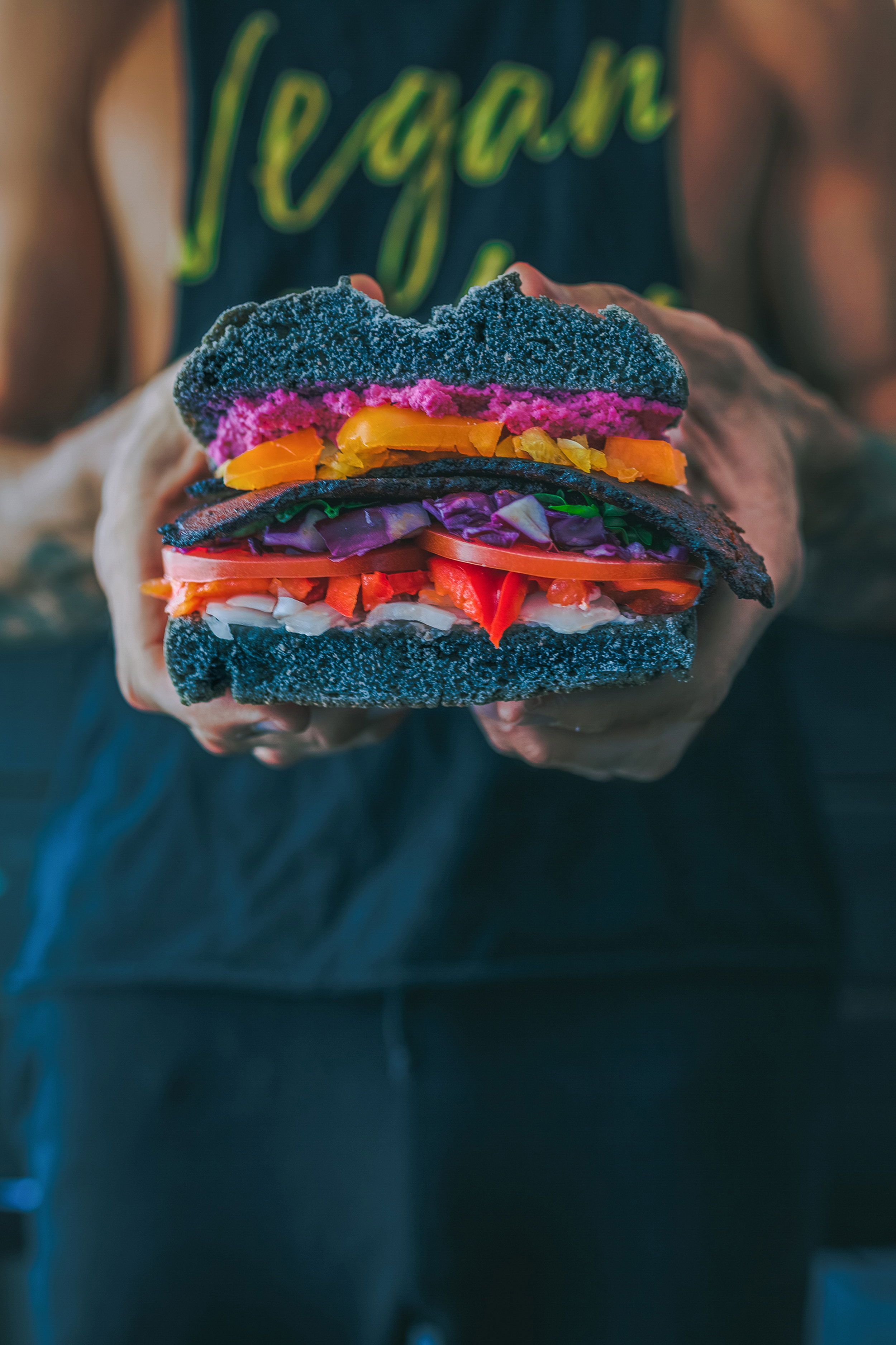Trends for 2021
1. DIY Beauty
A rising trend which is yet ongoing and will continue though 2021 is do-it-yourself beauty care (DIY), which is understandable with spas and beauty salons being closed down causing everyone to take matters into their own hands. NPD (consumer sales tracker) observed a huge increase by 300 percent of Europeans biggest marketplace- Zalando in pampering products such as: candles, detox and aromatherapy products, as-well as nail, hair and skincare. You may have seen lockdown formed many new nail technicians which in turn produced businesses and saved a lot of money for consumers who like to get their nails done on a regular basis. In the UK, prestige-brand nail polish saw an increase in online sales every week just after the March lockdown was announced. DIY beauty and skincare are seeing new customers as we speak through this second national lockdown and this adaption due to COVID is most likely to stay this way.

2. Minimalism
Quarantine 2020, with the closures of spa and skin specialists, inspired a lot of the population to invest in a secure skincare regime. With the influence of social media such as: Tik-Tok and Instagram has allowed brands like the Ordinary to revolutionise the beauty industry. This innovative skin care brand cooperates high quality ingredients for such affordable prices, allowing adoption of a ‘skinimalist’ approach, as seen by Kim Kardashian with the Granactive Retinoid Emulsion 2% by the Ordinary. Yes, I did say Kim Kardashian uses the Ordinary.
Modern consumers are very concerned with the chemicals being put onto their skin now more than ever, as research of short and long-term effects of products play a key role. Brands like the Ordinary and CeraVe will continue to be popular as we move into 2021 due to them focusing on the ingredients which actually work, the lack of unnecessary fragrance and products that cater for every skin type.
https://www.harpersbazaar.com.au/beauty/the-ordinary-best-selling-products-15823

3. Personalised Skin Care Routines
With everyone’s skin being unique, personalised skin solutions are perfect for targeting rising skin problems instead of general products which take an overall approach. This allows innovation in the personalised skin care industry and will most likely be a big trend of 2021. Research obtained by InsightAce analysis stated that the market for Next-generation personalised beauty in 2019 was US$ 38.02 Billion and is estimated to increase to US$ 72.55 Billion by 2028. Customising should be applied to our skin just as we customise our lifestyle and for this to be effective, technology is being used to photo analyse skin conditions and track progress of products.

Neutrogena Mask iD uses a Skin360 app to create a 3D-printed custom multi-masking sheet mask by using the colour coding in the skin. This is different from regular sheet masks as the 3D design means active ingredients can be put onto specific areas on the mask to target the area on the skin, rather than the ingredient acting on the full face. Brand Atolla uses consumers in-depth analysis kits, including pH, oil, UV exposure, humidity and moisture level test strips to formulate a serum on these results. With current COVID conditions, online shopping is where it is at, hence it is important for brands in the personalised skin-care industry to ensure they develop effective technology and decrease limitations to advance their findings on customer skin parameters, making it as personal as it can be.

https://clarkstonconsulting.com/insights/2021-trends-in-skincare/
https://www.allure.com/gallery/customized-skin-care-personalized-bespoke-beauty-brands
4. Digital Experiences
COVID lockdowns have challenged beauty stores in the UK: reducing full potential sales. Predicted by McKinsey a decrease in global revenue in the beauty industry by 30%.
On the other hand, through technology and online platforms has spoken to consumers by adapting their product offerings. Lockdown indeed has influenced the spotlight on quality digital experiences. Beauty brands are developing or improving current online propositions with tools like virtual makeup testing. World’s leading professional makeup authority: MAC now uses an easy virtual-try on for 800+ shades of eyeshadow and lip colours. Technology implementation catering for each individual is only going to increase into 2021.

5. Vegan-Friendly Products
Sustainable products using natural ingredients are becoming more popular by the day. As a rising trend in vegan beauty, more people are willing to pay the extra price for ‘conscious beauty’; Grand View Research estimated the vegan cosmetic industry to hit a whopping $20.8 billion dollars by 2025!
As stated by Isa Lavahun (digital brand manager at cosmetify.com), “consumers are more ethically conscious than ever before”, rising demands and allowing high levels of innovation and effectiveness in this market.

Sustainable development in the cosmetic industry is highly important as it means current needs can be fulfilled without affecting the future generation’s ability to meet their needs. This is based on: environmental development – aiming to reduce carbon footprint during manufacture of products and economic development – contributing to economic growth and economic benefit through jobs. Using vegan ingredients improves sustainability as alternative ingredients can be used where there is a high source of them. However, just because a vegan ingredient ticks most boxes, it may be unethical, so as much as you want to invest in vegan cosmetics, be aware of ingredient origin as extraction methods may consist of inhumane/dangerous conditions.
https://vegconomist.com/market-and-trends/vegan-is-by-far-the-most-popular-rising-trend-in-beauty/
https://cosmeticseurope.eu/how-we-take-action/driving-sustainable-development/
Written by: Monique Sandhu


